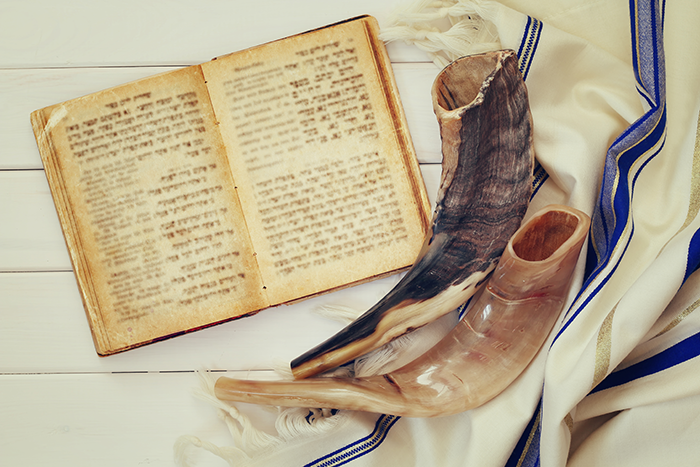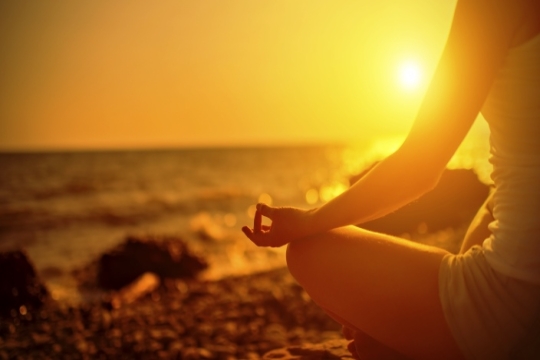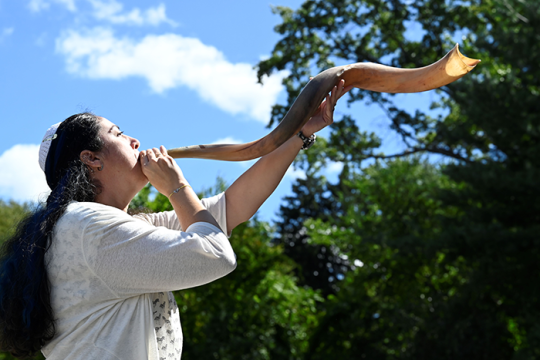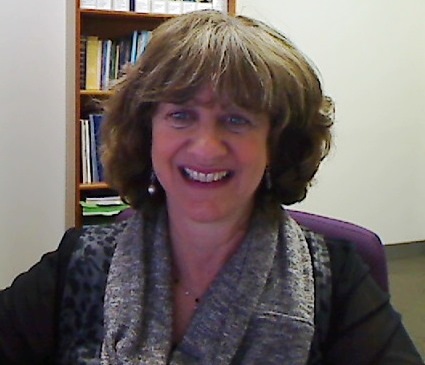
"You shall not render an unfair decision: do not favor the poor or show deference to the rich; judge your kin fairly." (Leviticus 19:15)
Some label Rosh HaShanah and the period between the New Year and Yom Kippur as "Judgment Days," a time during which the trajectory of our lives for the coming year is reached. Our High Holy Day prayerbook reminds us repeatedly that our fate is "written" and "sealed" at this time of year. Are we truly subject to the ultimate decree of judgment before the gates of repentance close? Is that the only judgment we should consider?
Day by day, we live within a legal system which relies on juries of our peers and judges to listen, discuss, assess, and then dole out judgment calls of guilty or not guilty with corresponding measures of potential punishment. In the U.S., our democracy strives to separate the executive and legislative branches from our judicial branch to preserve objectivity and equitability.
In Israel, protests in the streets have consistently grown due to the threats to the independence and power of the Supreme Court as the current administration makes an autocratic power play.
On a more personal level, we all have brushed against judgments, often from well-intentioned friends. Having just contracted Covid for the first time, I listened as people shared why I should or shouldn't take Paxlovid, why their approach was the best way, and how I should handle this or that. They shared judgments from their own experiences and implied there was a clear right (and wrong) approach.
I recently overheard someone accuse a companion of being judgmental, and I thought… if you call someone else judgmental, doesn't that make you judgmental?
So, what should we do about judgment? In this season of focused intentionality and reflection, perhaps we ought to be careful with our judgements, as well as when and how we share them. We should turn our judgments inward and ask why we sneer at this or that, why we dismiss someone as unworthy of our time, what we see in others that might actually reflect something we judge negatively about ourselves.
If we decide, after measured and informed judgment, that we must act to protect democracy; uphold reproductive rights; promote racial equity, diversity, and inclusion; defend immigration; or advocate for the LBGTQ+ community, that's when judgment is sacred and justified. Standing idly by is unacceptable when voices of motivational judgment catalyze necessary change.
May the gates always be open for judgment that leads to positive impact in our efforts to create a world of peace and wholeness, justice and equity, and belonging and joy.
G'mar chatimah tovah -May you (and all of us) be sealed for a good year.
Related Posts

Crossing the Bridge from the Particular to the Universal

How Meditation is Preparing Me for the High Holidays


